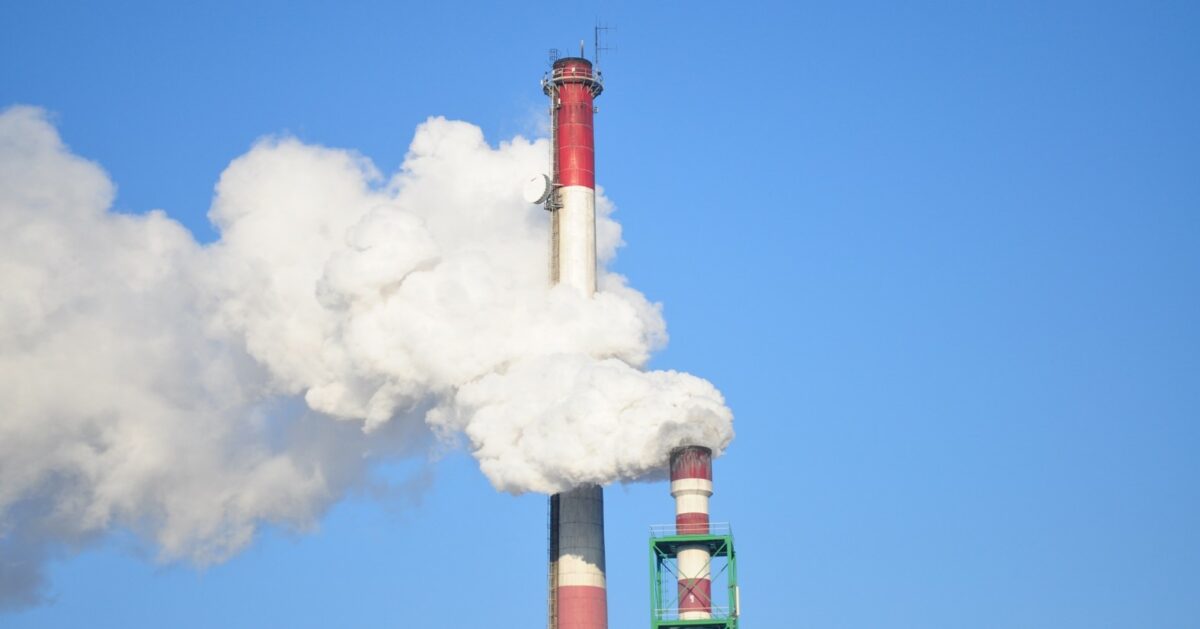BLOG
US | COVID-19 | EPA Announces Policy to Ease Enforcement during Pandemic
- #compliance
- #COVID-19
- #Environmental Protection Agency (EPA)
- #EPA
- #Regulations

 On March 26, 2020 US Environmental Protection Agency (EPA) issued a memorandum outlining a policy easing enforcement activities during the COVID-19 pandemic. This policy memorandum has major implications for a wide range of industries and entities regulated by EPA including hazardous waste, air emissions, and water compliance, but not Resource Conservation and Recovery Act (RCRA) and Superfund corrective actions.
EPA’s rationale for adopting this policy is concern that the effects of the pandemic will constrain the ability of regulated entities to perform compliance activities. It will likely result in decreased enforcement and relaxed compliance, however, there are steps and processes detailed in the memo that entities and facilities must take to ensure they are not penalized in the future.
On March 26, 2020 US Environmental Protection Agency (EPA) issued a memorandum outlining a policy easing enforcement activities during the COVID-19 pandemic. This policy memorandum has major implications for a wide range of industries and entities regulated by EPA including hazardous waste, air emissions, and water compliance, but not Resource Conservation and Recovery Act (RCRA) and Superfund corrective actions.
EPA’s rationale for adopting this policy is concern that the effects of the pandemic will constrain the ability of regulated entities to perform compliance activities. It will likely result in decreased enforcement and relaxed compliance, however, there are steps and processes detailed in the memo that entities and facilities must take to ensure they are not penalized in the future.
The memo does not set a timeline for the expected duration of this policy.
Requirements for Easing Compliance
First and foremost, the memorandum emphasizes that entities should make every effort to comply with their environmental compliance obligations. If they are unable to maintain compliance, they must do the following:
- Act responsibly under the circumstances to minimize the effects and duration of any noncompliance caused by COVID-19.
- Identify the specific nature and dates of the noncompliance.
- Identify how COVID-19 was the cause of the noncompliance, and the decisions and actions taken in response, including best efforts to comply and steps taken to come into compliance at the earliest opportunity.
- Return to compliance as soon as possible.
- Document the information, action, or condition specified in items 1 through 4.
Routing Compliance Monitoring and Reporting by Regulated Entities
EPA does not expect to seek penalties for violations of routine compliance monitoring, integrity testing, sampling, laboratory analysis, training, and reporting or certification obligations. This only applies to situations where EPA agrees that COVID-19 was the cause of the noncompliance and the entity provides supporting documentation to EPA upon request. EPA still expects entities to use existing procedures to report noncompliance with routine activities. If such procedures are not available due to COVID-19, EPA expects regulated entities to maintain information internally and make it available upon request to EPA or an authorized state or tribe.Settlement Agreements and Consent Decrees
EPA appears to be applying these broad requirements and expectations to EPA administrative settlement agreements and facility operations. However, with respect to consent decrees entered into with EPA and the US Department of Justice (DOJ), EPA will coordinate with DOJ on how to proceed with enforcement discretion. Because courts maintain jurisdiction over consent decrees, courts may exercise their own authority.Facility Operations
The memorandum provides detailed explanations for specific facility operations such as hazardous waste generators, wastewater treatment facilities, emitters of air pollutants, and public water systems. For example, if COVID-19 interrupts transportation of hazardous waste, generators will not fall into Treatment, Storage and Disposal Facilities (TSDF) status as long as they (1) properly comply with the labeling and storage standards found in the RCRA regulations, and (2) properly document the reasons for noncompliance in accordance with the requirements of the memorandum. If a facility exceeds an enforceable air, wastewater, or waste treatment limit, or has an unauthorized release, the facility should notify EPA as quickly as possible and provide the following information:- The pollutants emitted, discharged, or released.
- A comparison between expected emissions or discharges, disposal, or release and any applicable limitations.
- Expected duration and timing of the exceedance or release.
Criminal Violations
The memorandum states that EPA will screen environmental criminal prosecutions and distinguish violations that facilities know are unavoidable as a result of COVID-19 restrictions from violations that are the result of an intentional disregard for the law. After this policy expires, EPA does not expect facilities to catch up with any non-compliant reporting or activities (as long as they followed the procedures detailed in the memo), but to continue operating in accordance with their regulatory obligations. ____________________Sources
____________________ Join our LinkedIn discussion group, COVID-19 HSE Red-on-line Experts Forum, to share your experiences and best practices relative to the novel coronavirus with fellow EHS professionals and the Red-on-line team.
Join our LinkedIn discussion group, COVID-19 HSE Red-on-line Experts Forum, to share your experiences and best practices relative to the novel coronavirus with fellow EHS professionals and the Red-on-line team.